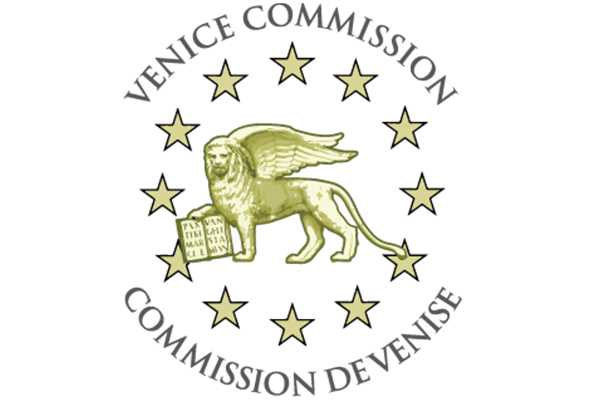The Venice Commission will examine three subjects on the Republic of Moldova at the end of this week. The issues are specified in the agenda of the plenary sitting of the Commission scheduled for March 16-17, 2018, IPN reports.
According to the draft annotated agenda, the international experts are to pronounce on the amendments made by the legislative body of Moldova to the electoral legislation despite local and international criticism, including recent one on the part of Brussels and, especially, the Venice Commission’s recommendations concerning the consensus of the main political players, for example, which were formulated while the amendments were considered. It should be noted that this will be a joint opinion of the Venice Commission and OSCE/ODIHR, which will show the solidarity of the European organizations on this aspect of the electoral process in Moldova.
Also, the Venice Commission will assess the proposals to amend and supplement Article 116 of the Constitution concerning the appointment of judges. Under these, judges will hold office until they reach the age limit of 65 and will be appointed by the President of the Republic of Moldova at the suggestion of the Superior Council of Magistracy. The President can reject the proposed candidate only once. It is also proposed that the judges should have functional, not general immunity. The Superior Council of Magistracy is the guarantor of the independence of the judicial power. The Council will be able to suggest proposals in the process of drafting the state budget law, concerning the allocation of funds for the good functioning of courts of law. It should be noted that such amendments are stipulated in the plan of action for implementing the justice sector reform strategy for 2011 – 2016, which was adopted by Parliament in February 2012.
The Commission will also consider the draft Law on modifications to Article 42 of the Constitution, on Freedom of Association. Under the current legislation, even if this is a fundamental right, the Moldovans’ freedom of association is fragmented into Article 41 and Article 42 of the main law and the new proposal is designed to remove this shortcoming.

